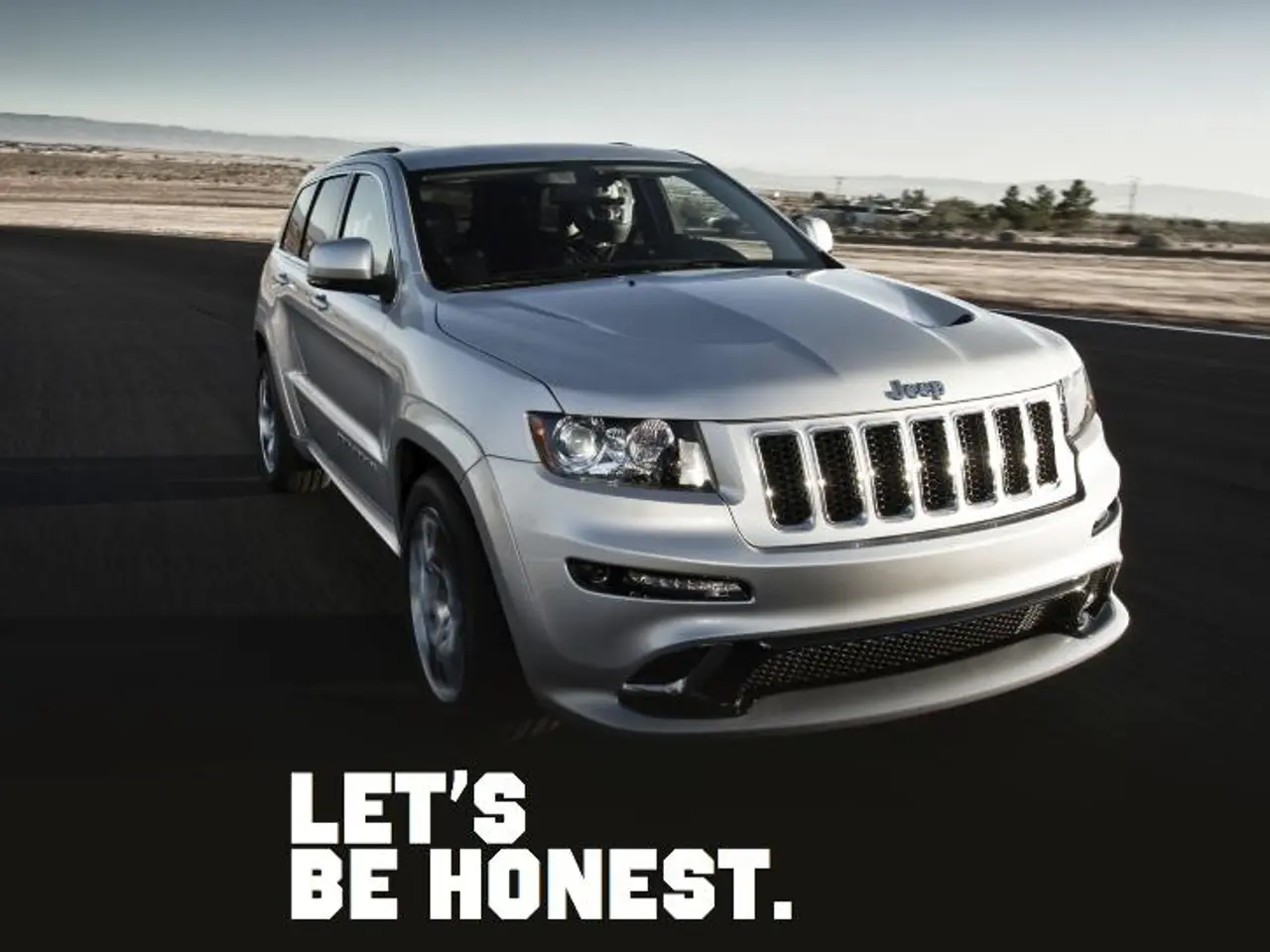Commercial vehicles equipped with solar technology are the focus of a collaborative study by our organization and MAN Truck & Bus.
MAN Truck & Bus, a leading European commercial vehicle manufacturer with annual sales of over €9.5 billion (2020), has announced a partnership with Sono Group N.V., a company specialising in solar-powered mobility solutions. The collaboration aims to investigate the technical and economic feasibility of integrating Sono Solar technology into MAN's eTGE electric transporter.
Sono Solar technology is particularly suitable for commercial applications like Last-Mile-Delivery due to the larger surface area on vehicles such as trucks, vans, or buses. This partnership marks a significant step towards sustainable transportation, as the focus is on extending driving range and providing a self-sufficient auxiliary power supply through solar energy.
Three concepts to be equipped with Sono Solar technology and investigated by the companies are: MAN eTGE panel van, MAN eTGE combi with a powerful on-roof air conditioning system, and MAN eTGE with a refrigeration system. The integration of solar panels on the vehicle's roof can continuously harvest solar energy during daylight, supplementing the battery charge. For instance, even a modest 200-watt rooftop solar array can add approximately 10 to 20 kilometers of range on a sunny day.
Vehicles equipped with integrated solar solutions from Sono Group can act as mobile power stations, providing electricity for auxiliary systems such as refrigeration units, medical devices, phones, or other onboard electronics without drawing down the main battery. This self-sufficiency is critical for commercial applications like refrigerated transport or service vehicles operating in remote areas or during power outages, enhancing operational reliability and flexibility.
The partnership, announced on 7th May 2021, also aims to assess whether the technology pays off for MAN's customers and helps protect the environment. Dennis Affeld, Senior Vice President & Head of Sales Truck & Van at MAN Truck & Bus, is pleased with the partnership and aims to test various prototypes with vehicle-integrated photovoltaic technology to determine the amount of energy that can be gained from PV technology over the year.
Sono Group N.V., a Munich-based company, provides a comprehensive suite of solar integration products tailored for commercial vehicles like vans, trucks, and buses. Their offerings include solar panels, solar charge controllers, telematics, dashboard integrations, and custom engineering services—allowing seamless incorporation of photovoltaic systems into vehicles such as the MAN eTGE.
Looking ahead, advances such as body-integrated photovoltaic cells, higher-efficiency solar modules, and vehicle-to-grid technology promise to enhance the effectiveness and affordability of solar integration in commercial vehicles, making solar power a core component of sustainable transportation fleets. This partnership between MAN Truck & Bus and Sono Group is a testament to the growing importance of sustainable and efficient transportation solutions.
[1] Sono Motors (2021). Sono Motors - The Solar Electric Vehicle Company. [online] Available at:
[2] MAN Truck & Bus (2021). MAN Truck & Bus. [online] Available at:
[3] European Commission (2020). European Green Deal - Fit for 55. [online] Available at:
Science, particularly in the field of environmental-science, is expected to play a significant role in this partnership between Sono Group and MAN Truck & Bus, as they investigate the integration of solar-powered technology into commercial vehicles such as trucks and vans. The collaboration also involves technology from sports engineering, as the self-sufficiency offered by solar-powered vehicles can enhance operational reliability and flexibility, comparable to the interchangeable parts and efficiency of sports equipment.




